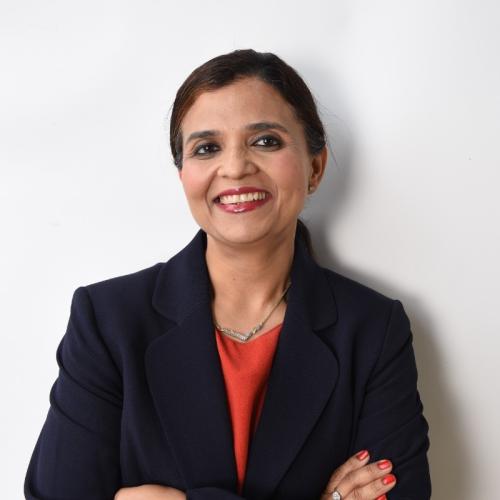
Sara Tan
Sara Tan is a beauty journalist, editor, host, and brand consultant with over 15 years of experience in beauty and lifestyle media. Based in Los Angeles, she is the co-host of the award-winning Gloss Angeles podcast and former Global Beauty Director at Refinery29, where she interviewed everyone from celebrity beauty founders to renowned dermatologists, makeup artists, and cultural changemakers. Her warm, down-to-earth personality and sharp editorial sensibility have made her a trusted voice among beauty enthusiasts and industry insiders alike. Sara blends creativity with strategy to help brands tell meaningful stories, build trust, and authentically connect with their audience. Her work is deeply rooted in inclusivity - spotlighting underrepresented voices and pushing the beauty industry forward — as seen through her role as Chief Content Officer at Asian American Girl Club and her service on the board of Teach AAPI.

Riku Laitasalo
I am a seasoned retail professional with extensive experience on the brand, agency, and technology sides of the industry. Specializing in eCommerce and retail media, I currently lead the Client Services team at Pacvue to deliver sustainable and scalable growth for our clients. My diverse background in technology, finance, and retail, along with direct hands-on experience working with large brands enables me to lead our organization to deliver tailored solutions that meet diverse business needs in a continually dynamic retail environment. While my specialty is CPG and eCommerce, I have managed brands across numerous categories throughout both online and brick & mortar channels in the broader retail landscape.
- Highlighting the fastest-growing global markets in women’s health and explore the regional drivers of demand, from shifting demographics to evolving healthcare policies.
- Discussing strategies for scaling women’s health solutions internationally, including navigating regulatory landscapes, reimbursement pathways, and local partnerships.
- Identifying untapped opportunities and investment trends shaping the next wave of innovation across fertility, menopause, maternal health, and beyond.

Navneet Kaur

Smita Asrani

Sanj Singh

Ruma Bhagat
- How are studies designed from the beginning to factor in the unique barriers and needs of women, how do we think of women in the inclusion / exclusion criteria.
- What do we look for in the site selection process & promote accessibility to women in clinical trials across the lifespan.
- Sharing ongoing placental transfer & lactation studies to ensure data capture of pregnant people.
- The role of intersectionality and clinical trial inclusion.

Ruma Bhagat

Laura Shaughnessy

Ashley Magnavita
- How phones evolved into a platform for telehealth and the landscape of innovations.
- Examples of AI-driven screenings, wearable integration, and remote monitoring.
- The impact on underserved communities, women’s health, rural access, global health and addressing digital divide challenges.

Shawna Slack

